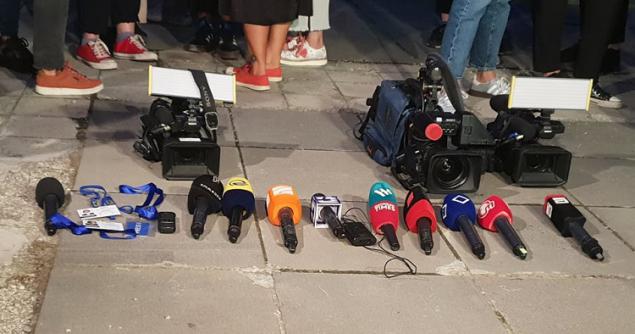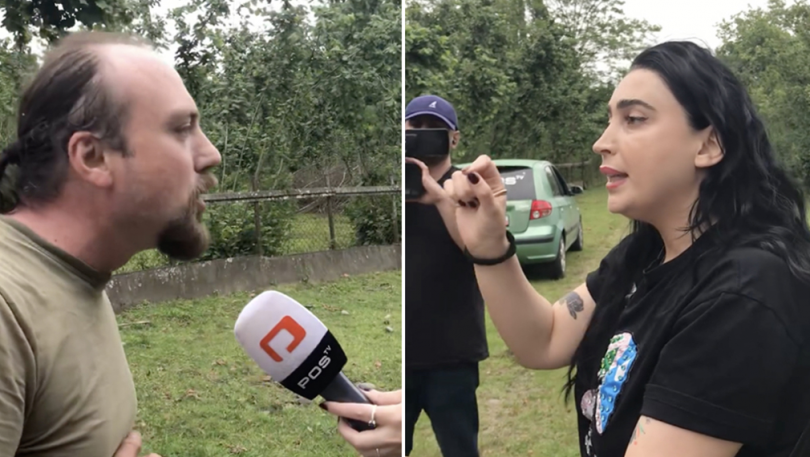
Kakha Bekauri, long-standing Chair of the Georgian National Communications Commission, a regulatory body viewed as Georgian Dream’s politicised ally, is again talking of major curbs against Georgia’s critical media under the disguise of “combating hate speech.”
The 2004 law on Freedom of Speech and Expression, adopted immediately after the Rose Revolution is popularly credited both domestically and amongst Georgia’s partners for protecting critical media and free speech both under Saakashvili as well as Georgian Dream.
The law includes extensive protection of free speech and makes it next to senseless for officials to sue journalists, especially over “defamation.”
Critical media today is viewed as a major bastion of Georgia’s fragile democracy increasingly backsliding under Georgian Dream.
Georgian Dream leaders as well as Mr. Bekauri have long mulled scrapping of the 2004 law under different pretexts, ranging from combating hate speech or countering misinformation or even political polarization.
"Today's media is practically polarized, and certain media outlets operate with a specific political agenda, which in turn leads to a political agenda that goes against other media outlets. We must introduce mechanisms that will ensure that the media will protect the interests of the viewers, provide them with facts and will not be a pursuer of political interests," said Kakha Bekauri
Bekauri says the lack of regulation has allowed televisions to “distort the facts without taking responsibility.” He has also maintained “fusing of facts and commentary” has been “harming the society.”
The GNCC’s first attempt to gut the 2004 law came in 2017 when it submitted package of legislative amendments to parliament. Yet the Government chose not to go ahead with hearings, fearing backlash.
In 2019, the Commission called for speeding the amendments up. The then Parliamentary chairman and now GD chair Irakli Kobakhidze publicly backed the GNCC’s earlier initiative stressing the importance of “timely decisions in this direction.”
Shortly after her election to the Presidential office the Georgian Dream-backed Salome Zourabichvili also endorsed the changes.
The GNCC has meanwhile accumulated a solid track record of imposing penalties on opposition media while Kremlin-linked media outlets have operated in comparative comfort.
Just this November, the Commission fined Mtavari TV with around €32,000 for airing a political ad on Georgia’s drift towards the Russian orbit triggering wave of concerns on possible curbs on freedom of speech.
In a November 26 statement, Paris-based international media rights group Reporters Without Borders spared no words: “RSF denounces a tool for censorship and a crippling sum & calls the regulator to revise its decision,” the statement read.





